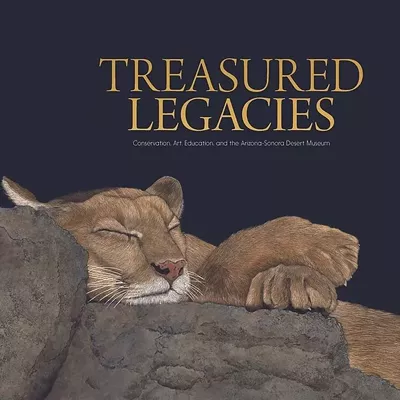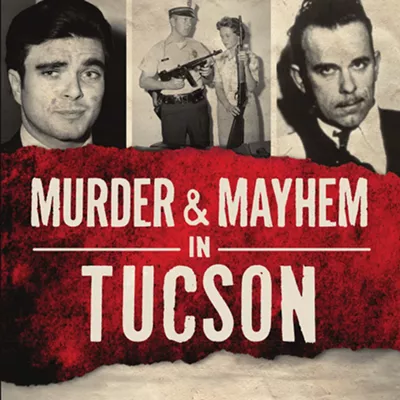THE HILLS AND hollows around Mormon Springs, Tennessee, make a weird and foreboding landscape, terrifying even to people who have lived among them all their lives.
That fictional landscape is invested with palpable evil when, in the opening pages of William Gay's fine fable The Long Home, a bootlegger named Dallas Hardin moves in on another still operator's turf, usurping his business, his home, and even his wife.
The encroachment, Gay has us understand, is ordinary commerce for Hardin, who sports "a gemlike core of malevolence beneath the sly grin, beneath the fabric of myth the years had clothed him in."
Hardin has plenty of rough company among the unlettered, coarse, and violent denizens of the Tennessee hills, but he outdoes even his fiercest competition. He is, in fact, a monster of the scariest order. In a short time he weaves a tapestry of swindling, rape, arson, and murder across the dark wintry woods, a no-man's-land pocked by mouth-of-hell mining pits and abandoned houses that reek "of stopped clocks and forfeit lives and seized machinery."
One of Hardin's unfortunate victims is a carpenter named Nathan Winer, whose bullet-shattered skull becomes a powerful prop, Yorick-like, in Gay's narrative. (There is, after all, no Southern novel worthy of the name that does not somehow nod to Shakespeare.) It is left to Winer's son to avenge the violence Hardin has wrought on his family.
Trouble is, young Winer is unformed, a cipher who has little idea of how to go about exacting retribution. Relying on the sometimes conflicting guidance of the equally unmoored, terrified residents of the hills, hard-drinking men bearing names such as William Tell Oliver and Motormouth Hodges, Winer comes of age, receiving lessons in life that allow him, slowly, to form a plan of action.
What becomes of that plan over the years forms the dramatic heart of Gay's book, which winds its way along "dark alleyways and pastoral footpaths down which peril lurked with a patience rivaling that of the very old," lingering over the most unpleasant of details, building slowly to the satisfying resolution of a complex tragedy, one that will take readers by surprise.
The Long Home, Tennessee-based writer Gay's first book, wears its lineage plainly: in its insistently dark vision and ornate language, it makes a deep bow to two Southern masters, William Faulkner and Cormac McCarthy, and especially to McCarthy's 1973 novel Child of God.
Gay's book stands comfortably among the towering work of his predecessors. An imaginative construction of a world that is at once fictional and frighteningly real, it marks an impressive debut -- and makes for fine reading indeed.






